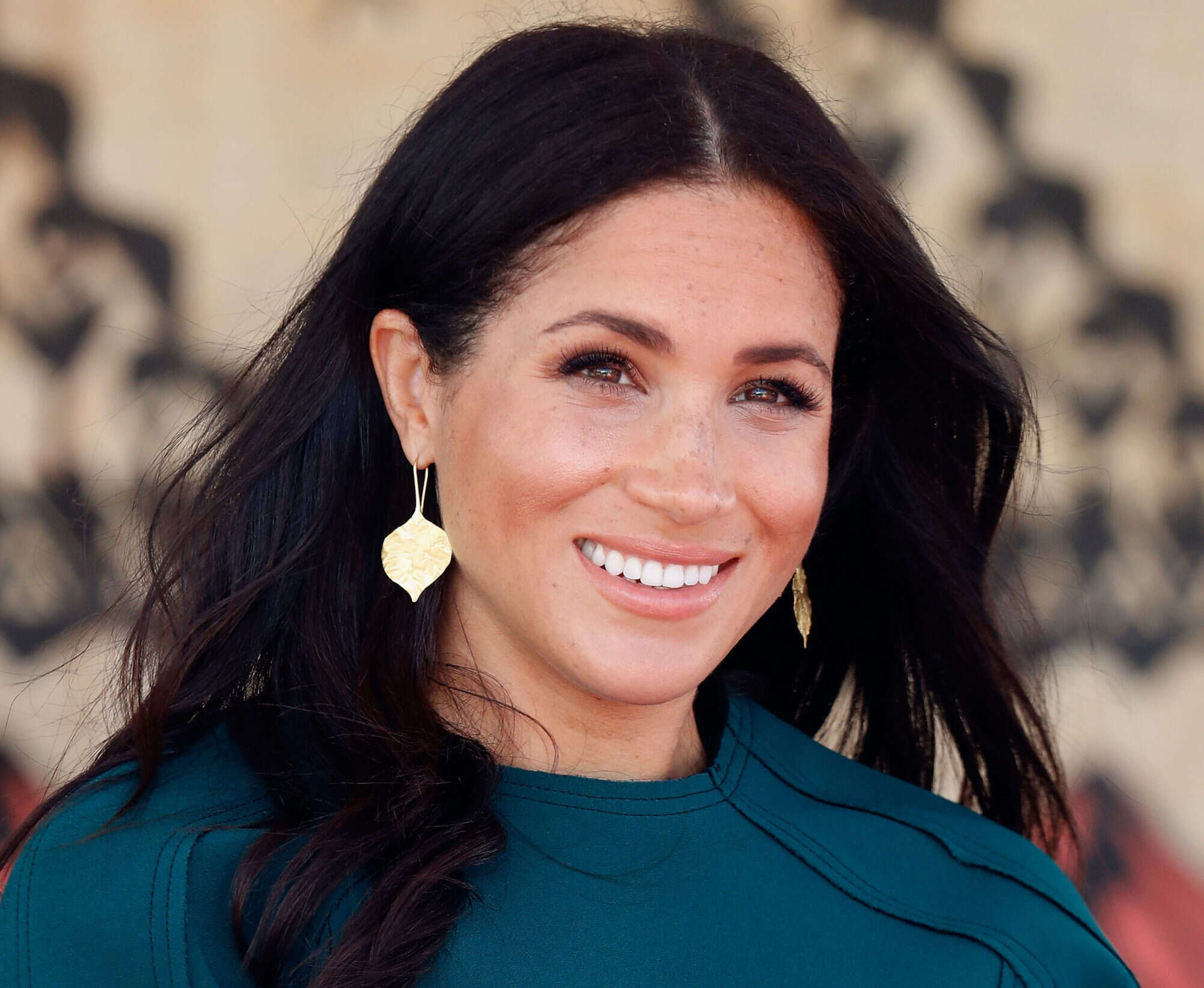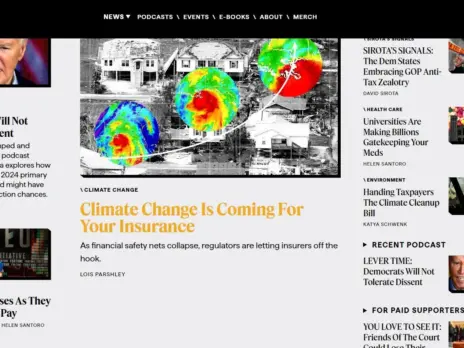
The Duchess of Sussex’s letter to her estranged father “signalled the end of our relationship”, Thomas Markle has told the High Court.
Meghan, 39, is suing the publisher of The Mail On Sunday and Mail Online over a series of articles which reproduced parts of the handwritten letter sent to 76-year-old Thomas Markle in August 2018.
She is seeking damages for alleged misuse of private information, copyright infringement and breach of the Data Protection Act over five articles, published in February 2019, which included extracts from the “private and confidential” letter to her father.
Her lawyers say the publication of an “intrinsically private, personal and sensitive” letter was a “plain and serious invasion” of her privacy and argue Associated Newspapers Limited has “no prospect” of defending her privacy and copyright claims.
However, ANL claims Meghan wrote the letter “with a view to it being disclosed publicly at some future point” and that she was “at least in some measure prepared for the information to be disclosed”.
The duchess is applying for “summary judgment”, a legal step which would see those parts of the case resolved without a trial, in relation to her claims for misuse of private information and breach of copyright.
In a witness statement filed by ANL’s lawyers for the two-day hearing, which started on Tuesday, Mr Markle said the suggestion by a “longtime friend” of his daughter in an interview with People magazine that Meghan sent the letter to “repair our relationship” was false.
He also claimed he had to “defend himself” against the People article, which he said had “vilified me by making out that I was dishonest, exploitative, publicity-seeking, uncaring and cold-hearted”.
Letter ‘signalled the end of our relationship’
Mr Markle said in his statement: “The letter was not an attempt at a reconciliation. It was a criticism of me.
“The letter didn’t say she loved me. It did not even ask how I was. It showed no concern about the fact I had suffered a heart attack and asked no questions about my health.
“It actually signalled the end of our relationship, not a reconciliation.”
Mr Markle also said the article in People magazine wrongly accused him of telling “mistruths” and “contained other inaccuracies about me”.
He said: “It was wrong for People magazine to say I had lied about Meg shutting me out – she had shut me out, as the letter from her showed.”
Mr Markle criticised People for suggesting “I was to blame for the end of the relationship as I had ignored her”, saying: “That was false. I had repeatedly tried to reach her after the wedding but I couldn’t find a way of getting her to talk to me.”
He added: “Until I read the article in People magazine I had never intended to talk publicly about Meg’s letter to me.
“The content of that article caused me to change my mind.
“It was only by publishing the text of the letter that I could properly set the record straight and show that what People magazine had published was false and unfair.
“The article had given an inaccurate picture of the contents of the letter and my reply and had vilified me by making out that I was dishonest, exploitative, publicity-seeking, uncaring and cold-hearted, leaving a loyal and dutiful daughter devastated. I had to defend myself against that attack.”
Mr Markle said he approached the Mail on Sunday’s US editor Caroline Graham “to say that I wanted to get the truth out there” and that he never asked for, nor received, any payment for sharing the letter.
“It was important to me in setting the record straight about me and about the tone and content of the letter that Caroline should not just describe what Meg had written but that she should actually quote from and reproduce parts of the letter,” he said.
“If the public didn’t see the letter and read what it said in its own words, I did not think anyone would believe me.
“At that time, there were articles saying I was a liar, including that I had lied about my heart attack, even on TV, and there were people saying I didn’t go to Meg’s first wedding when I did.
“The text of the letter proves that what was said in People magazine about the letter was wrong. It ‘dissolves’ what was said about me in that article.”
He also said the paper respected his request to only publish certain extracts of the letter because he thought the whole thing “made Meg look terrible” and he did “not want to attack or hurt her”.
ANL’s barrister Antony White QC said the “admitted falsity” of the People article meant Mr Markle “was not only entitled to correct public information about the letter and the reply, it was in the public interest that (he) did so”.
White argued: “Mr Markle has a right to tell his story of his relationship and communications with his daughter … no US court would stop him from doing so, and he could have and could still, whatever the outcome of this case, speak to the US media on this topic at any time.”
He told the court “there is a very real question as to whether the claimant will be able to establish that she had a reasonable – or any – expectation of privacy”.
Letter ‘intrinsically private and personal’
However Justin Rushbrooke QC, representing the duchess, described the hand-written letter as “a heartfelt plea from an anguished daughter to her father”, which was sent to Mr Markle at his home in Mexico via “the claimant’s accountant … to minimise the risk of interception”.
He told the court the “contents and character of the letter were intrinsically private, personal and sensitive in nature” and that Meghan therefore “had a reasonable expectation of privacy in respect of the contents of the letter”.
The barrister said the publication of the letter, trailed as a world exclusive on the front page of the newspaper, was “self-evidently… highly intrusive”.
He said the duchess “never consented” to the publication of the letter and wasn’t even told in advance that it was to be published.
He said she made her lack of consent clear almost immediately after the letter was published, adding: “But the defendant nevertheless continued and continues to publish, in defiance of her wishes and without her consent.”
Rushbrooke added in written submissions: “It is as good an example as one could find of a letter that any person of ordinary sensibilities would not want to be disclosed to third parties, let alone in a mass media publication, in a sensational context and to serve the commercial purposes of the newspaper.”
The barrister argued that “there is no real prospect of the defendant establishing that the claimant had no reasonable expectation of privacy in relation to the contents of the letter and the defendant’s contentions to the contrary are utterly fanciful”.
Rushbrooke continued that, even if ANL was justified in publishing parts of the letter to Mr Markle, “on any view the defendant published far more by way of extracts from the letter than could have been justified in the public interest”, saying the Mail’s “use of the letter was and is manifestly disproportionate”.
Copyright claim
In relation to Meghan’s copyright claim, Ian Mill QC, also representing the duchess, argued that “she and she alone” created a draft of the letter to her father “which she then transcribed by hand”.
He argued the letter to Mr Markle was “an original literary work in which copyright subsists and is owned by the claimant” and asked the court to “grasp the nettle and decide the issue at this hearing”.
But White argued there is “a real prospect that the claimant will fail to establish either that she was the sole author in the copyright sense” as a result of the involvement of Jason Knauf, formerly communications secretary to the Duke and Duchess of Sussex, in writing the letter.
The full trial of the duchess’s claim was due to be heard at the High Court this month, but last year the case was adjourned until autumn 2021 for a “confidential” reason.
The remote hearing before Mr Justice Warby is due to last two days and it is expected he will reserve his judgment to a later date.
Picture: Chris Jackson/PA Wire
Email pged@pressgazette.co.uk to point out mistakes, provide story tips or send in a letter for publication on our "Letters Page" blog






